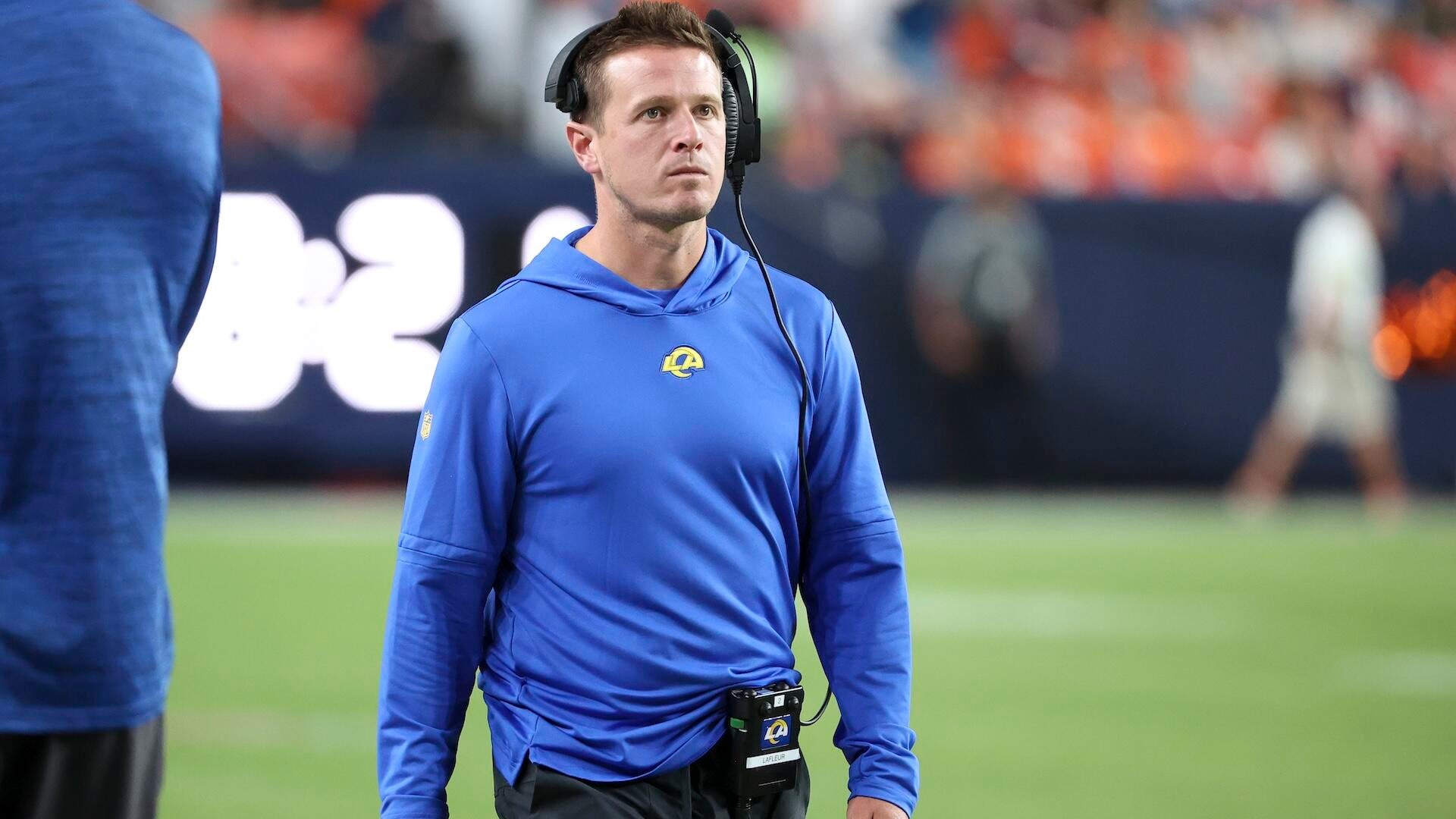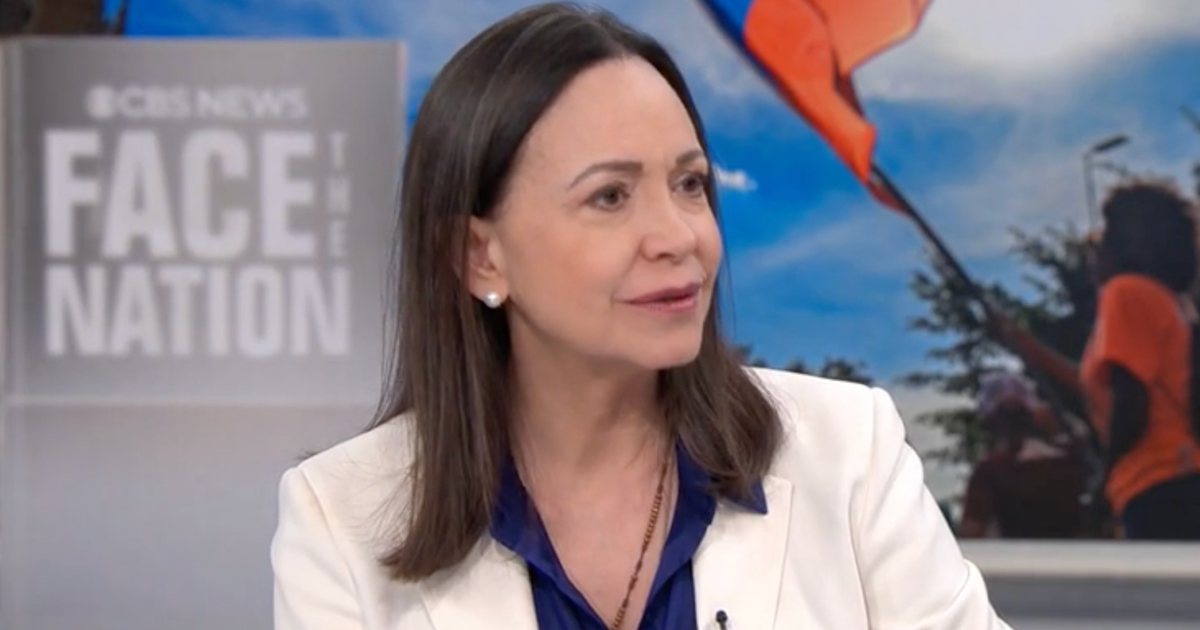

For many veteran correspondents at “60 Minutes,” paying even $1 to settle a left-field lawsuit from an aggrieved president seemed too high a price.
At stake, they believed, was the long-term credibility of the country’s most decorated and most-watched television news program, a journalistic institution since 1968 that prided itself on holding elected leaders to account.
Late Tuesday, CBS’s parent company, Paramount, concluded differently. It agreed to pay $16 million so President Trump would drop a lawsuit that essentially boiled down to a politician’s gripe: that “60 Minutes” had edited an interview with his 2024 opponent, former Vice President Kamala Harris, in a manner that he did not like.
Many legal experts called Mr. Trump’s case frivolous and unwinnable, running counter to long-established First Amendment protections for the American press. On Wednesday, many journalists and First Amendment groups expressed dismay at the outcome.
“Today is a dark day for press freedom,” said Seth Stern, the director of advocacy at the nonprofit Freedom of the Press Foundation. He called Paramount’s decision “spineless” and “an invitation” for the president to target other news outlets. Two Democratic senators, Elizabeth Warren and Ron Wyden, referred to the settlement as a bribe and called for an investigation and possible criminal charges.
But Paramount’s leader, Shari Redstone, viewed the situation differently and encouraged her board to explore a settlement. She was in the midst of a multibillion-dollar deal to sell Paramount to a Hollywood studio, Skydance, and the Trump administration needed to sign off.
Paramount said its decision to settle was unrelated to the Skydance sale, and the company did not issue an apology to Mr. Trump. George Cheeks, a Paramount co-chief executive, said on Wednesday that a “settlement offers a negotiated resolution to allow companies to focus on their core objectives rather than being mired in uncertainty and distraction.”
The lawsuit centered on a lengthy answer Ms. Harris gave to a question about Benjamin Netanyahu, Israel’s prime minister. About 21 seconds of that answer aired in a preview of the interview on “Face the Nation,” another CBS News show. A different seven-second part of the answer aired the next day in a prime-time episode of “60 Minutes.”
Mr. Trump claimed that CBS’s actions misled viewers and were aimed at tipping the scales in favor of the Democratic Party. A spokesman for Mr. Trump’s legal team said the settlement “holds the Fake News media accountable for their wrongdoing and deceit.” As part of the settlement, CBS said that “60 Minutes” would release transcripts of future interviews with presidential candidates.
The humbling of a muscular journalistic organization — arguably the best-known brand in broadcast news — might have been unthinkable eight months ago, when Mr. Trump filed his $10 billion suit against CBS days before the presidential election.
But Mr. Trump has now brought several major American institutions to heel. Ivy League universities and wealthy law firms have capitulated to a president who wields the levers of government as vehicles of retribution. Even before Mr. Trump took office, ABC News agreed to pay $16 million to settle a defamation case that the president filed against one of its anchors, George Stephanopoulos.
Jeff Fager, a former CBS News chairman who ran “60 Minutes” for 14 years, said in an interview on Wednesday that the settlement “is a shame, and it’s a mistake.” He said he was concerned about how a new corporate owner might oversee his former program.
“What matters is how far they are going down the road to curtail what ‘60 Minutes’ covers, and when they air it,” Mr. Fager said.
Ms. Redstone, who inherited Paramount from her mogul father, Sumner Redstone, told her board that she was recusing herself from formal discussions on how to handle Mr. Trump’s suit. She told confidants that she wanted to avoid a protracted legal war with the president, and she has expressed her own concerns about the editorial judgment of CBS News, particularly the network’s coverage of the war between Israel and Hamas.
Whether or not it affected her view of Mr. Trump’s lawsuit, Ms. Redstone was also eager for the Federal Communications Commission to approve her company’s sale to Skydance.
Paramount’s market value has fallen since Ms. Redstone struck the deal; if the sale falls through, she may struggle to find a new buyer.
The F.C.C. has not yet commented on the fate of Paramount’s sale; its chairman, Brendan Carr, has said previously that the regulatory review and the president’s lawsuit were unrelated. Skydance is run by David Ellison, whose father, the tech billionaire Larry Ellison, is a Trump supporter. Last month, Mr. Trump said the younger Mr. Ellison would “do a great job” as the owner of Paramount’s media assets.
One F.C.C. commissioner, Anna Gomez, who was nominated by former President Joseph R. Biden Jr., said on Wednesday that Paramount’s settlement “marks a dangerous precedent for the First Amendment, and it should alarm anyone who values a free and independent press.”
Several media lawyers echoed that sentiment.
“A cold wind just blew through every newsroom,” said Bob Corn-Revere, a lawyer at the Foundation for Individual Rights and Expression, who is defending an Iowa pollster in a separate Trump suit. “Paramount may have closed this case, but it opened the door to the idea that the government should be the media’s editor in chief.”
Within CBS’s news division, the lawsuit had already taken a toll.
In April, several months after Mr. Trump filed his suit, the executive producer of “60 Minutes,” Bill Owens, abruptly resigned. The president had been regularly complaining about segments on the show, and Mr. Owens said that CBS had installed new layers of oversight on his program that encroached on his journalistic independence.
His departure prompted Scott Pelley, the veteran correspondent, to deliver an unusual on-air rebuke of CBS’s parent company, telling “60 Minutes” viewers that “Paramount began to supervise our content in new ways.”
None of this year’s segments on “60 Minutes” were axed by CBS or Paramount executives. In May, though, CBS forced out the news division’s president, Wendy McMahon, who acknowledged in a memo that “it’s become clear the company and I do not agree on the path forward.”
Ms. McMahon had been under internal pressure after her overhaul of “CBS Evening News” led to a ratings decline, and Ms. Redstone had criticized her handling of some Middle East coverage.
In the days before she was forced out, Ms. McMahon had resisted an idea from Mr. Cheeks, the Paramount co-chief executive, to pre-empt the season finale of “60 Minutes” with an unrelated sports special. The finale had been set to include a segment, reported by Anderson Cooper, about a Trump administration order for large-scale firings at the Internal Revenue Service. The idea for a special was not pursued.
On Wednesday, Ms. McMahon’s successor, Tom Cibrowski, addressed the settlement during his newsroom’s morning call. He emphasized that Paramount had not apologized to Mr. Trump, and he thanked the staff for “blocking out the noise” as the lengthy settlement talks progressed.
It’s time “to lock arms and do your jobs,” Mr. Cibrowski said.
Lauren Hirsch and Benjamin Mullin contributed reporting.











-3.png)



